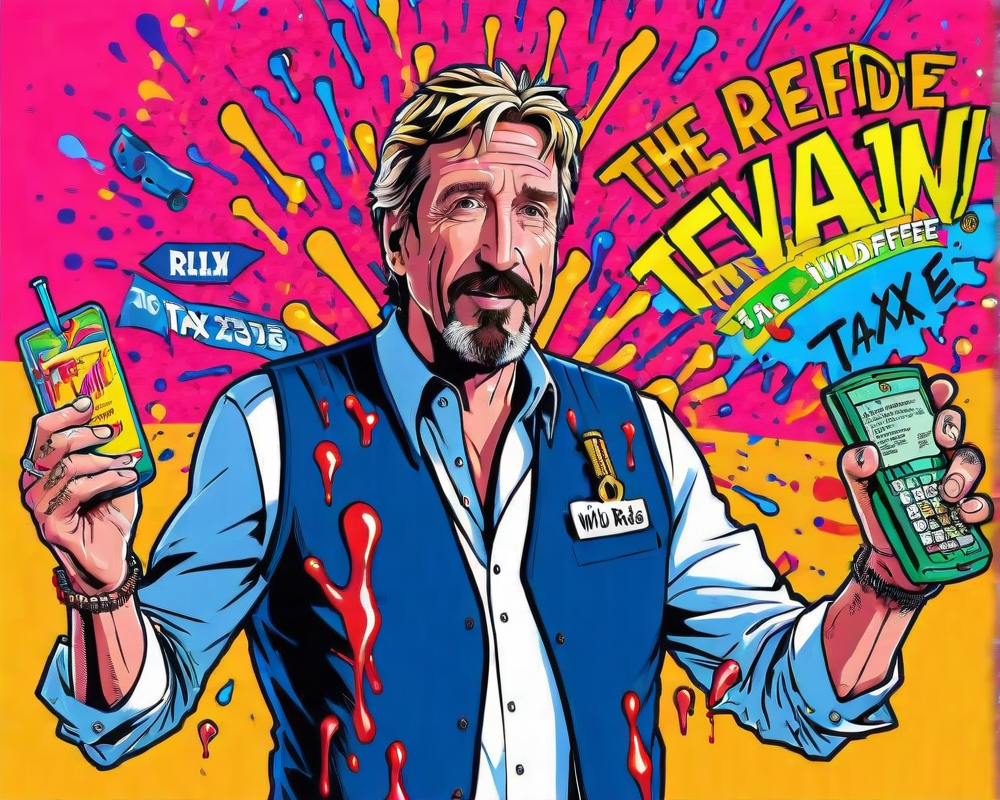The Rise of Bartering: From Facebook Group to Cryptocurrency
In a world driven by fast-paced transactions, Bunz Trading Zone is flipping the script on traditional trading. Originally launched in 2013 as a private Facebook group by fashion designer Emily Bitze for friends to exchange their unused items, it quickly transformed into a community phenomenon that crossed geographical borders. Its transition to an app and website in 2016 further solidified its standing as a go-to platform for bartering.
What is BTZ?
BTZ, short for Bunz Trading Zone’s cryptocurrency, launches with much fanfare as the first cryptocurrency tailored for an existing community in Canada. Each Bunz member will receive an initial allocation of 1,000 BTZ—enough for about three coffees, or a potential trip to your favorite coffee shop, if you’re trading wisely!
The Mechanics of BTZ
Here’s where it gets interesting! Users can exchange BTZ for goods and services within the community, allowing a smooth and reciprocal trading experience. This model not only fosters engagement among users but also introduces an excitement in the way they interact with the platform. CEOs might be considered the masters of money-making schemes, but Bunz seems to be pitching a community-centric approach instead.
Challenges and Rewards of a Cashless Platform
The honour of being a pioneer in barter trading also comes with its challenges. With the absence of a traditional currency exchange, Bunz has had to navigate the murky waters of income generation. Imagine a restaurant without a cash register—great ambiance, but how do you keep the lights on? CEO Sascha Mojtahedi hints at a revenue model but leaves it a tantalizing secret. Meanwhile, the real win for users is the proverbial ‘earn and burn’ effect of earning BTZ through their participation in the network.
BTZ and the Future of E-Commerce
By integrating a cryptocurrency, Bunz aims to attract more users. The allure of earning cryptocurrency—what feels like digital gold without the mining sweat—could potentially open a gateway for increased engagement. Mojtahedi summed up their vision:
“You have to be able to reward people with cryptocurrency that they’ve earned… It gives us the room to create new models that people may not have thought of.”
A Global Context
Just as Bunz makes its move, globally, this isn’t happening in isolation. Earlier this year, Japanese e-commerce giant Rakuten also announced plans for its own cryptocurrency. It’s becoming quite clear that the digital currency landscape is evolving rapidly—borders are becoming irrelevant, and innovation is the new currency.




